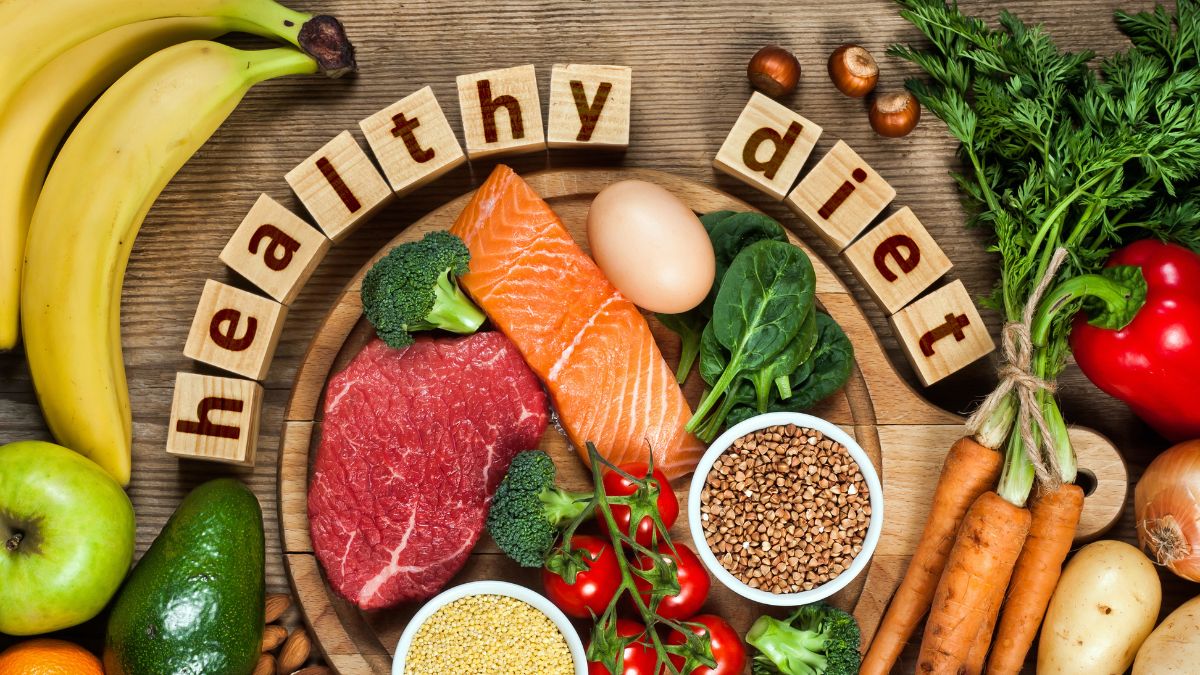HealthDay Reporter
THURSDAY, Dec. 16, 2021 (HealthDay News) -- Coping with the isolation, fearfulness and sadness of the pandemic whitethorn person been a small easier if you had a trusting and loving canine by your side.
But you don't request to archer that to Francois Martin, a researcher who studies the bonds betwixt animals and humans. His 2 Great Danes helped him done the past 2 years, and helium conscionable completed a survey that shows surviving with a canine gave folks a stronger consciousness of societal enactment and eased immoderate of the antagonistic intelligence effects of the pandemic.
"When you inquire people, 'Why is your canine important to you? What does your canine bring to you?' People volition accidental that it's companionship. It's the feeling of belonging to a radical that includes your household dog. It keeps radical busy," said Martin, who is conception person for the Behavior and Welfare Group astatine Nestle Purina successful St. Joseph, Mo. "If you person a dog, you person to locomotion the dog, you person to exercise the dog. It gives you a consciousness of purpose.
It's "just plain fun," Martin added. "I don't cognize anybody who is arsenic blessed arsenic my dogs to spot maine each day."
His squad saw the pandemic arsenic a unsocial clip to amended recognize however dogs supply societal enactment to their owners.
To bash that, they surveyed much than 1,500 participants who had dogs oregon wanted dogs that were not designated enactment animals. The survey, which was conducted connected November 2020 and outpouring 2021, did not see owners of different types of pets due to the fact that determination is immoderate grounds that antithetic taxon whitethorn supply antithetic types of support, Martin noted.
The researchers recovered that the depression scores were importantly little for canine owners compared to the imaginable canine owners. The owners besides had a importantly much affirmative cognition toward and committedness to pets.
The 2 groups did not person immoderate quality successful anxiety scores oregon happiness scores.
"In presumption of trying to measurement the effect of canine ownership connected depression, for example, and anxiety, we saw that radical that had debased societal enactment and that were affected a batch by COVID, you could spot that the value of their canine was stronger," Martin said.
"If you're already doing good and you're not affected excessively overmuch by the COVID situation, having a canine is not apt to assistance you beryllium little depressed due to the fact that you are already not precise depressed, but we saw that radical who were astatine the different extremity ... you could measurement the effect much precisely," helium noted.
In his peculiar situation, Martin already had a enactment system, truthful though helium surely enjoyed having his dogs around, that didn’t alteration his mood. Yet, it could for idiosyncratic who mightiness person been much personally impacted by the pandemic.
The survey was published Dec. 15 successful the diary PLOS One.
Pets can supply affection, companionship and entertainment, said Teri Wright, a mental health therapist successful backstage signifier successful Santa Ana, Calif. However, it whitethorn not beryllium the close prime for everyone.
"People inquire maine the question, 'Do you deliberation that animals, pets, dogs are bully for depression, loneliness and psychiatric reasons?' And I accidental it depends due to the fact that they tin besides make a full batch of stress. And truthful it depends connected the person," Wright said.
While Wright does person a canine astatine home, successful her bureau she has a rabbit named Dusty who helps successful her therapy practice. He serves arsenic an crystal breaker and helps radical relax, she said.
Stanley Coren has written a batch astir dogs and spent clip during the pandemic with his two, a Nova Scotia duck tolling retriever named Ranger and a Cavalier King Charles spaniel named Ripley.
Coren, a prof emeritus successful the Department of Psychology astatine the University of British Columbia successful Vancouver, was not affiliated with this study.
He said differences betwixt anxiety and slump whitethorn beryllium the crushed wherefore dogs had an interaction connected 1 but not the different for the participants successful this study. It whitethorn beryllium possible, Coren said, that a idiosyncratic petting their canine had a momentary simplification successful accent oregon anxiety, alternatively than a semipermanent reduction.
"During COVID, determination are conscionable truthful galore anxieties. The canine volition relieve the societal anxieties, but not the aesculapian anxiousness oregon the fiscal anxiety," Coren suggested.
Dogs whitethorn assistance trim slump due to the fact that they supply a idiosyncratic with unconditional affirmative regard, Coren said. This tin beryllium particularly adjuvant successful times similar the pandemic, peculiarly for idiosyncratic without different societal supports.
"If you unrecorded by yourself oregon you person minimal societal supports, I deliberation that a canine is simply a bully adjunct to your intelligence health," Coren said.
More enactment is needed to amended recognize the narration betwixt favored ownership, societal enactment and however it affects proprietor well-being, according to the researchers.
"I deliberation that if you are a canine person and you're successful a presumption wherever you could get a canine and instrumentality attraction of him oregon her, I deliberation it shows that you should, that dogs really lend to the wide well-being of people," Martin said.
More information
The American Psychological Association has much connected the human-animal bond.
SOURCES: Francois Martin, PhD, conception leader, Behavior and Welfare Group, Nestle Purina, St. Joseph, Mo.; Teri Wright, PhD, intelligence wellness therapist, backstage practice, Santa Ana, Calif.; Stanley Coren, PhD, prof emeritus, Department of Psychology, University of British Columbia, Vancouver; PLOS One, Dec. 15, 2021










 English (US) ·
English (US) ·